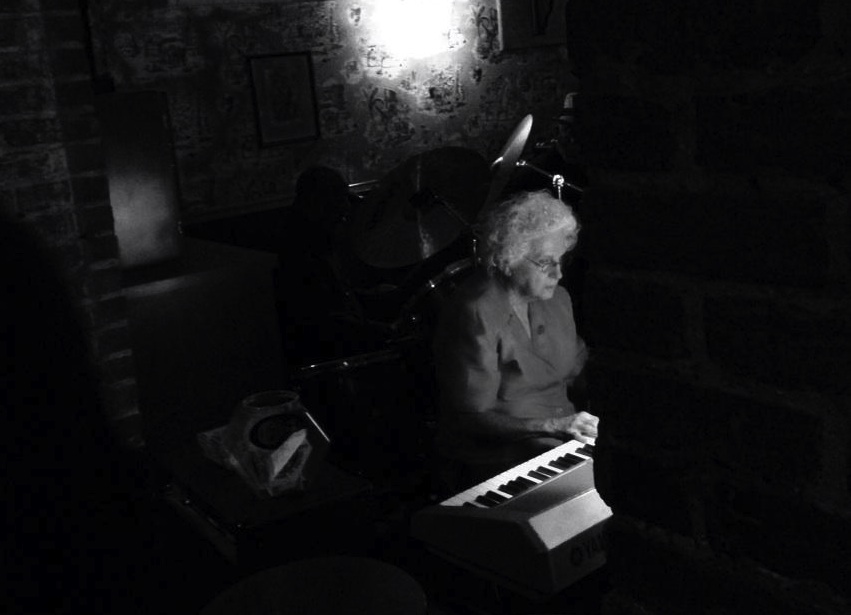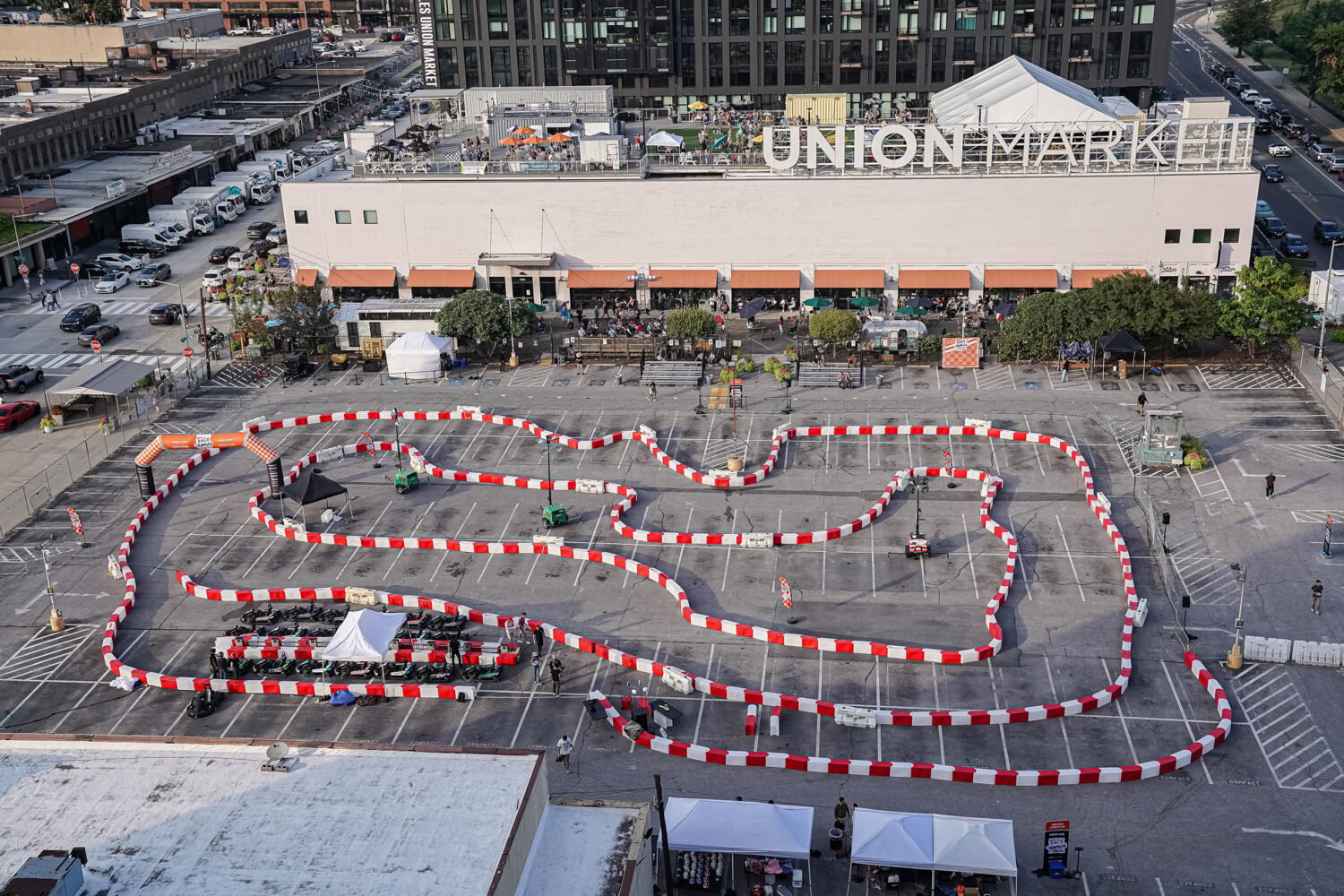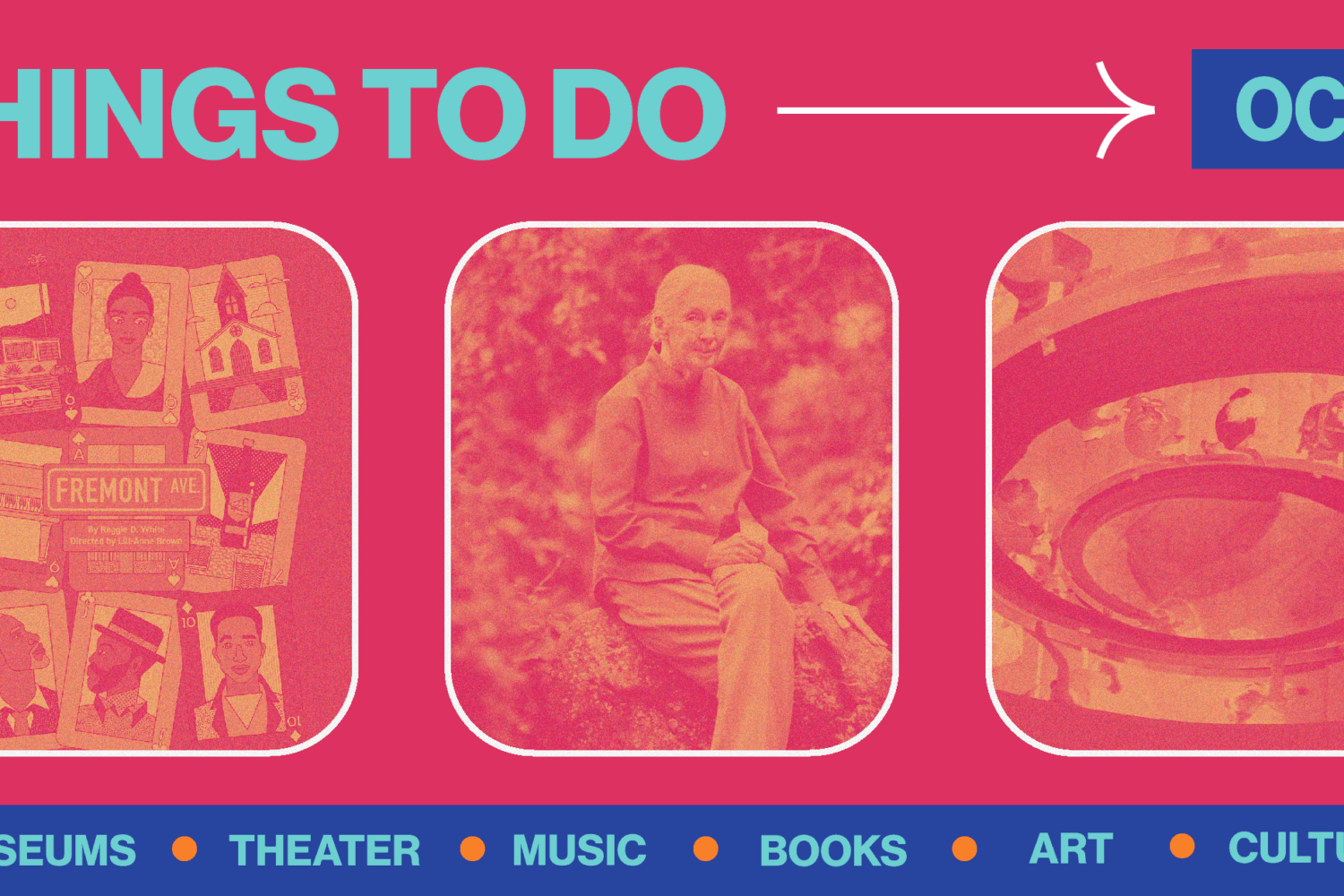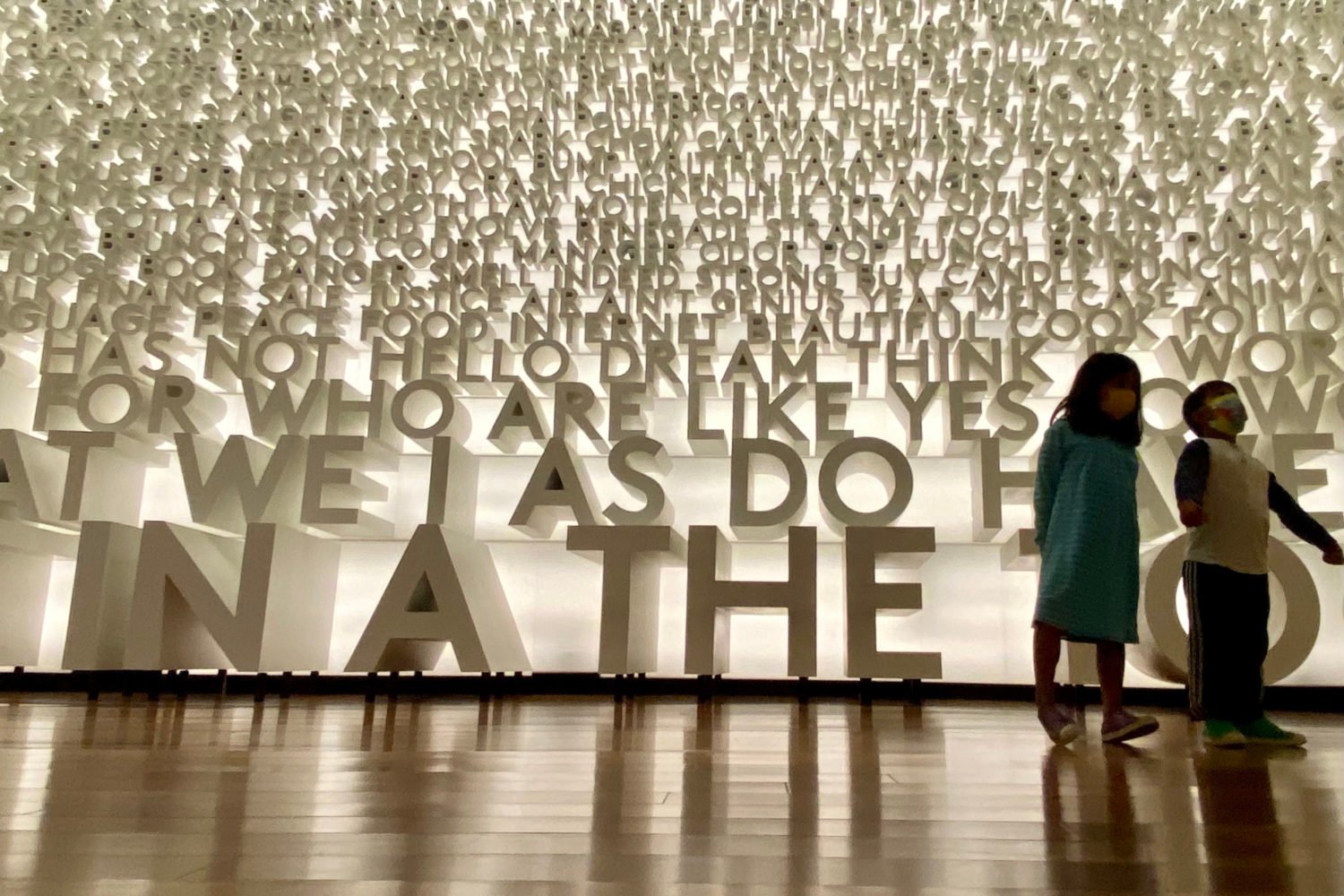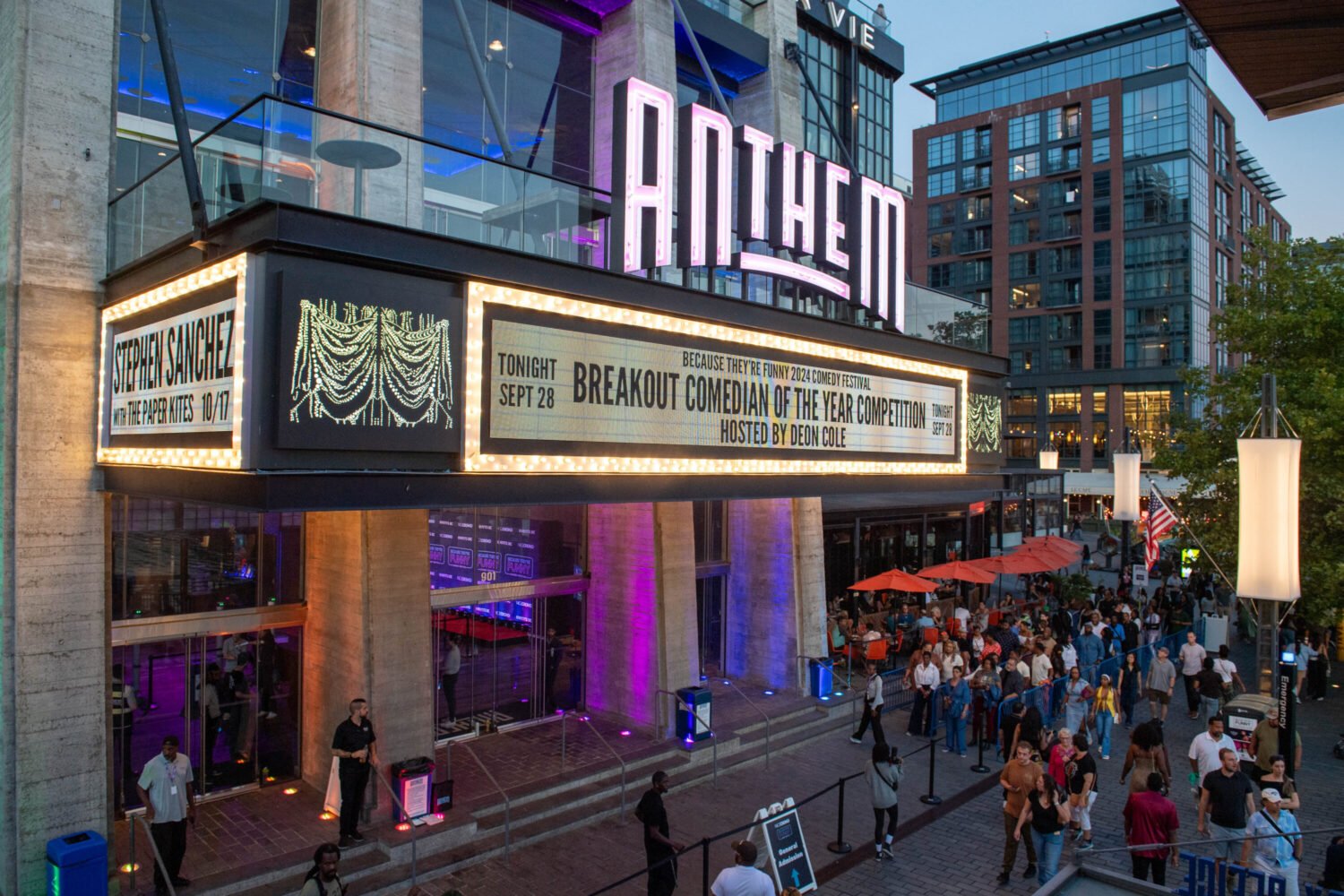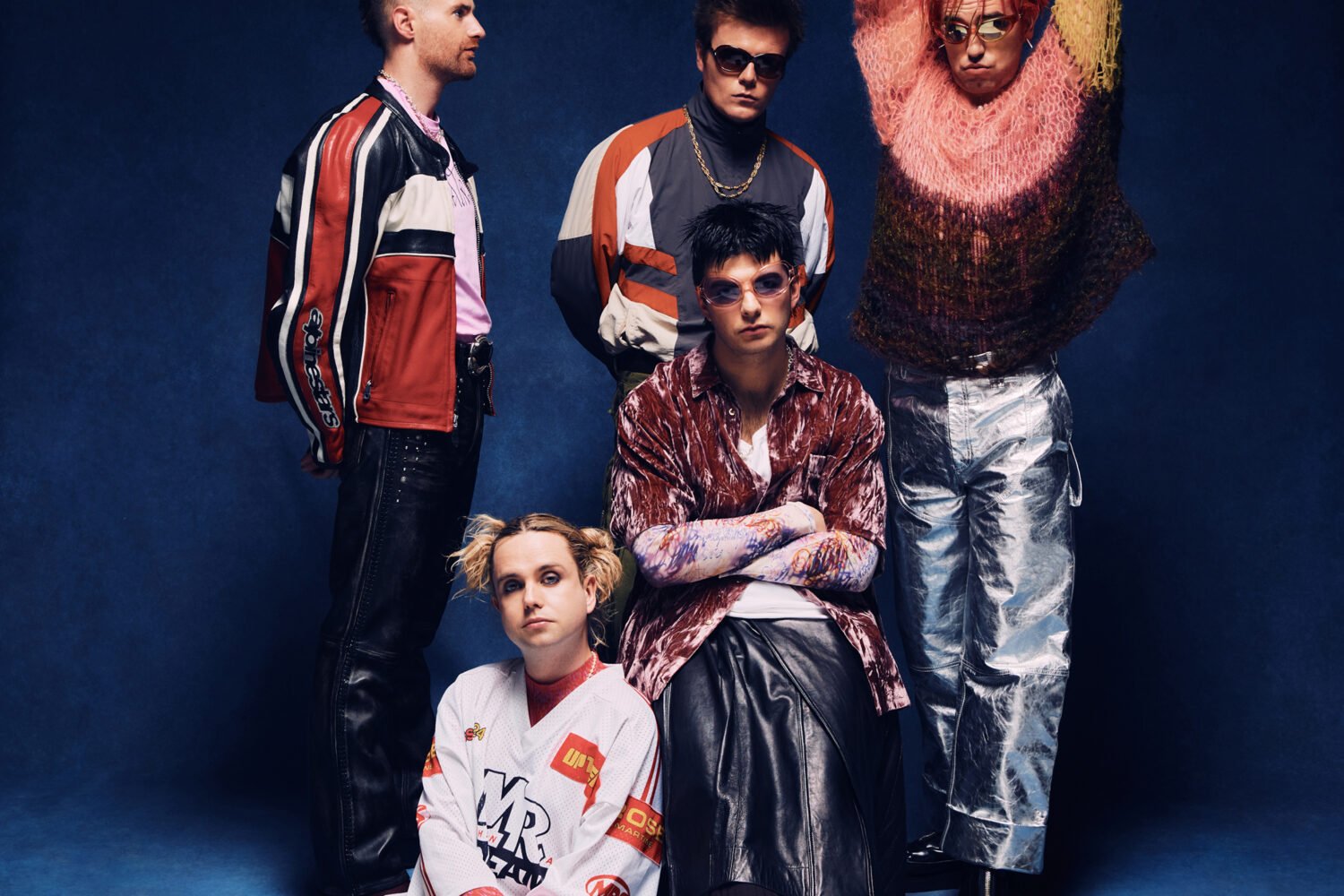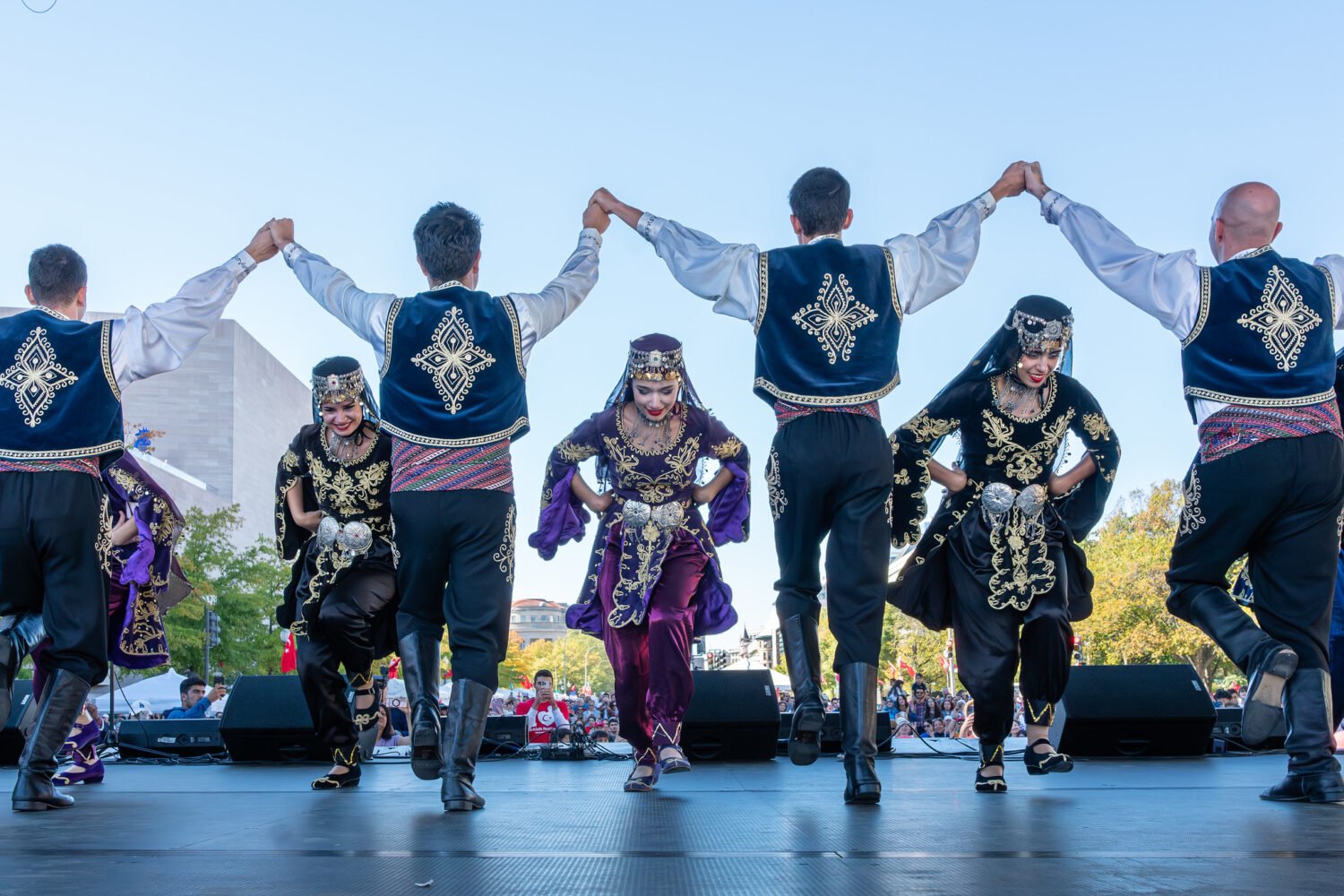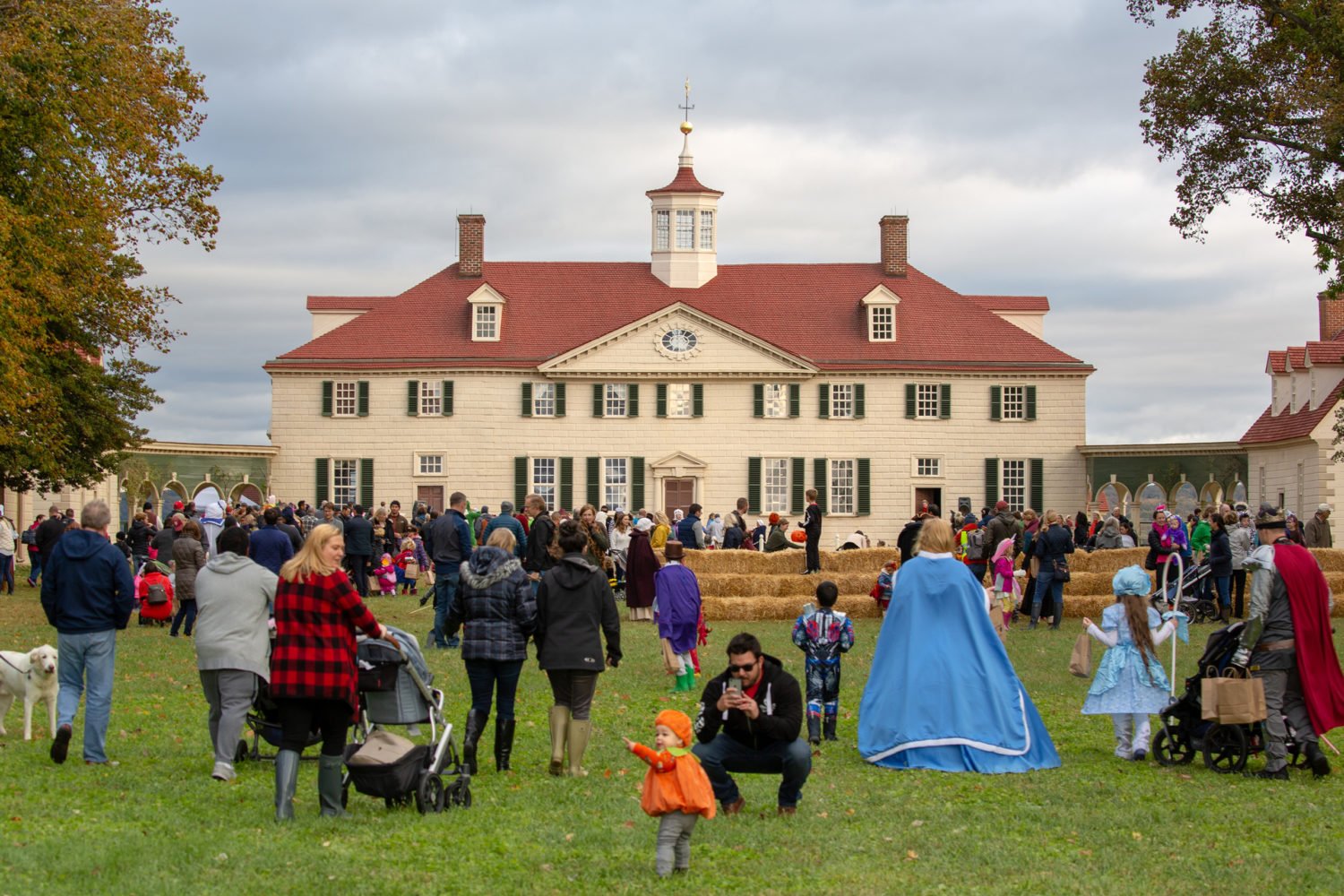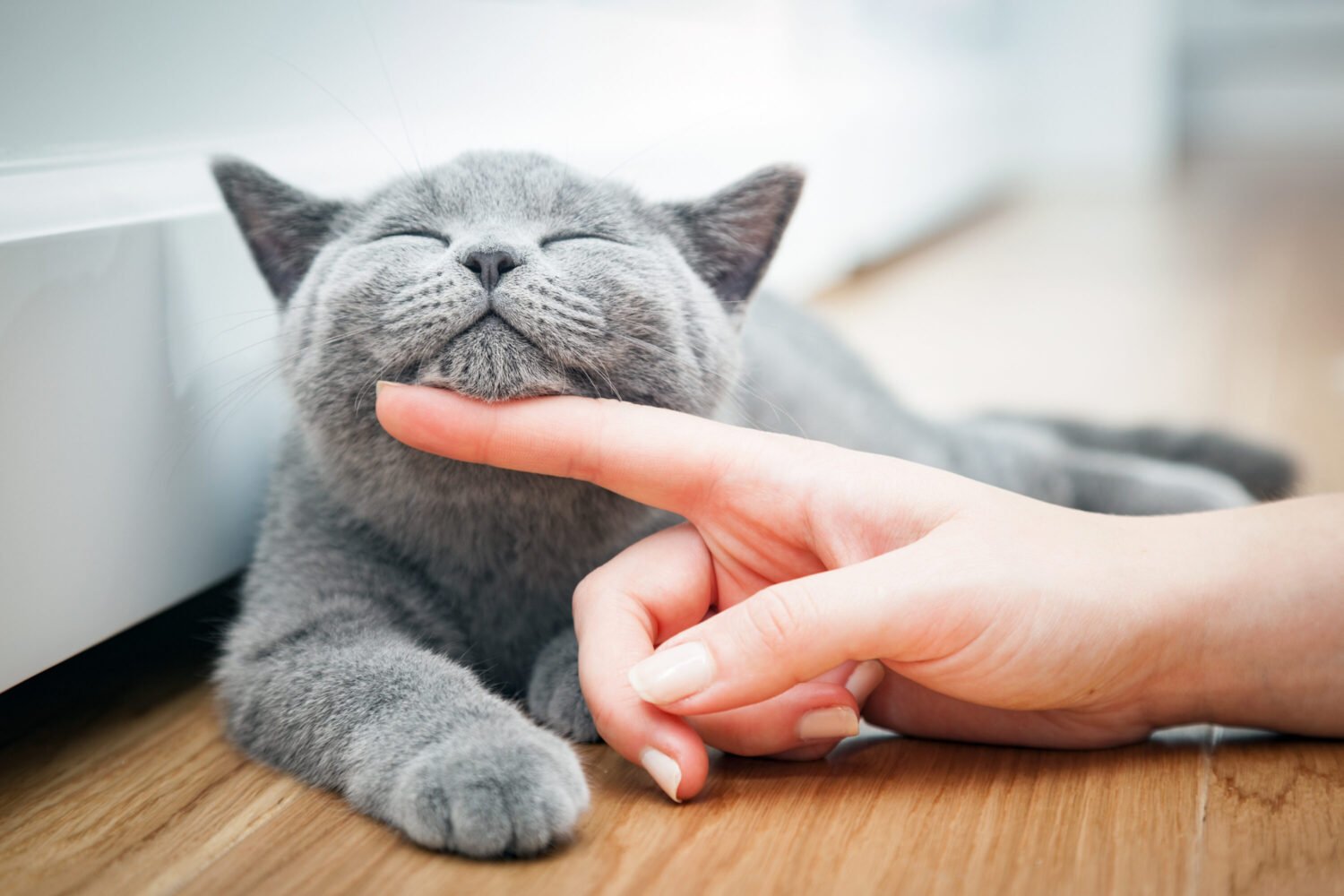Stand outside Showtime Lounge on any given Sunday, and you’ll be treated to the sounds of a live soul band streaming from the dimly lit bar. Head inside, and you’ll be met with an even better sight: that of 81-year-old Alice “Granny” Donahue and her band, who are responsible for all that funky music.
The Bloomingdale bar has been open for less than two years, and Granny and the Boys, as the band is known, has been playing there for nearly that long. They’ve been together, with shifting membership, for more than 17 years and have released six CDs, with another on the way. The current lineup consists of Granny Donahue on keyboard, Richard V. Linch on drums, Robert Santos on bass, and Joe Brown, also on keyboard.
We spoke with Donahue about her start with the band, the group’s youthful following, and the one type of music she just can’t stand.
How did you get your start playing at Showtime?
Well, Richard lives in the apartment above Showtime. The band was always practicing there, and they heard us all the time. People started coming in when we were practicing so they could here us, and then I guess Paul, the owner, said, “Well I think it’s time for you all to start playing down here.” There’s a bus stop right outside Showtime. People standing at the bus stop would talk about hearing the band practice, and of course the people who went into Showtime could hear us playing and liked it.
When did you first get into playing the keyboard?
When I was three years old. I played the piano by ear for several years, and then my parents decided maybe I needed lessons, which I continued right up until I entered college at Trinity College. Then I got married and had five children, and if you have five children you don’t have too much time to be playing the piano. Then, very unfortunately and very sadly, my husband passed away in 1996, and I decided to go back to Maryland because they had a senior gold program where for a certain amount of money you could go and take classes.
That is when I met Richard Linch. He was working there. He saw me sitting in the cafeteria with a music book, and he asked me, “Are you into music?” I said, “Well I’m trying to be.” He invited me to be the manager of a band he was forming called Person to Person. I was a manager for maybe two, three years, and then some incident came up with the keyboard player where he just could not be part of the band anymore, and we had a show at Farragut Square. So Richard turned to me and said, “Well, you’re going to have to play the music.” That is what I call my baptism of fire into the band.
How did you choose funk and soul as your genre?
Richard particularly likes the ballads of the ’50s and ’60s. They brought me in as a keyboard player, but I’m more piano, so that brought a different tonality to the band—we could go for the ballads, and we could go for the funky music. But I like to bring in music that’s not always just funky. If you’re playing the same kind of music every other band is playing, why play it? We have music of our own, our originals, and we do occasionally play one or two of those on the show. But funky—that we can do, no problem, and I know the audience likes it because it’s more of what I call “pumping music”—they can get up and really get going on that.
What’s the crowd typically like on Sunday?
It’s mostly the young group. We’ve had some people who’ve just wandered in from the neighborhood because they hear the music and, god bless him, Paul has no cover charge. I think music heals, and I think it can be so beneficial. The harsh type of pumping all the time is okay, but you need to have the well-rounded—how can I say it—something that sort of makes you feel like, “Gee, that was nice hearing that.”
Your guitar player recently had a stroke. How has that changed the band dynamic?
If music is good, and is played well, it will sound okay on any instrument. To say that we don’t feel the absence of the guitarist, that’s crazy. I miss him every day, every time we play, because I’ve played with Kenny for 17 years. It was like a right hand and a left hand. When I knew he was going to be doing something, I’d back him, and when he knew I was going to be doing something on the keyboard, he’d back me, and you miss that.
What kind of music do you like to listen to?
I love the old ballads. I love the big band music. I love classical music, because I’m trained classically. I do not mind the funky music—I enjoy playing it obviously. I don’t particularly care to hear any rough rap, but that’s just me, because of my age probably more than anything else. If I hear music, I want to hear good music; I want to hear music well played, and I want it to have some meaning for the people that are listening to it, that it uplifts them.

